
Ashford: “I just hurt in general, and I find myself getting angry.” Photo by Naomi Vaughan.
By PETER GORMAN
“The noise has ruptured one of my eardrums,” said the 65-year-old former Air Force major, who recently retired from his engineer’s job with the Texas prison system. “The pain in my head gets so bad I think I’ll die. My legs start jumping. My blood pressure goes sky high.”
What Morgan suffers from is vibroacoustic disease (VAD), described in Noise and Health, a respected international journal, as a “whole-body, systemic pathology,” marked by “[d]epressions, increased irritability and aggressiveness, a tendency for isolation, and decreased cognitive skills,” among other symptoms.
It’s brought on by excessive exposure to low-frequency noise, the kind you hear in airplanes, near wind turbines, and from natural gas compressor stations. It’s not well known in this country, and the leading researchers on it work in Europe. But it’s real.
Jim Ashford, who lives in the upscale gated community of Riverbend Estates in East Fort Worth, suffers from it as well. “I can’t sleep. I just lie in bed awake listening to that noise,” he said. The noise comes from three Chesapeake compressors about 2,700 feet from his house. “And because I can’t sleep, I’m irritable. I just hurt in general, and I find myself getting angry and snapping over things that I shouldn’t.”
Gwen Lachelt, director of the Oil and Gas Accountability Project, which works with urban and rural communities and tribal groups “to protect their homes and the environment from the devastating impacts of oil and gas development,” says noise abatement is a very important issue and is getting more important “as drilling gets closer to — and in Fort Worth’s case, comes into — urban areas.” The group has already convinced regulators in Colorado to take the noise issue seriously.
But VAD isn’t the only health problem that those in the vicinity of oil and gas operations need to watch out for. Two recent studies by the University of Colorado School of Public Health suggest that gas drilling and its accompanying activities, including compressor stations, may cause serious health problems for those nearby — that is, pretty much everyone in Fort Worth.
The researchers found that “neighborhoods, schools, and workers in close proximity to oil and gas activities may be at increased risk for cancer, cardiovascular disease, asthma, and other disorders,” due to industry pollutants. It’s critical, they said, for more study to be done on those dangers.
“There are so many areas of gas drilling that have long-term potential to affect the public health,” Lachelt said. “What chemicals are actually being used in the drilling and fraccing of wells? What emissions are coming off compressors and being released into the air? What is being evaporated from drill site pits, and how much harm will it do to people and animals in the long run? How much contaminated waste-pit water will wind up in our surface water and earth? There are just a host of issues that are not being studied and need to be studied if we’re going to get our arms around the danger these wells and everything connected with them might pose to people.”
Fears in North Texas seem to be increasing as more and more people report health problems that seem to be related to drilling — and find little in the way of regulation or real answers as to what the dangers are. At Fort Worth Weekly, the questions and worries arrive by e-mail and letter frequently. Some report noise-related health problems and worry about compressor-station emissions. Many have found their well water ruined and wonder what toxins they ingested before the levels got so high as to make the problem noticeable by sight and smell." More>>>>

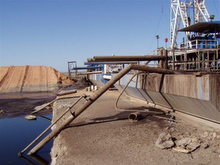



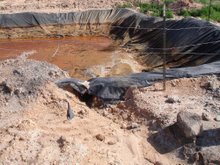

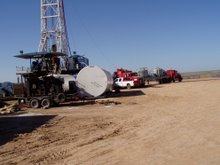
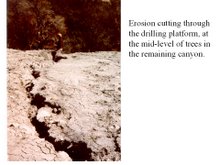
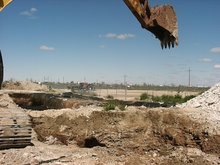
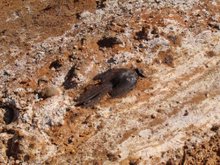
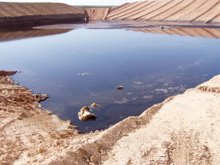
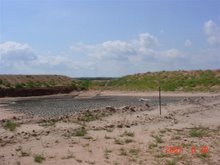
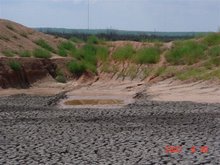
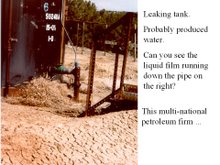
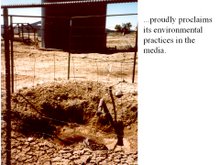
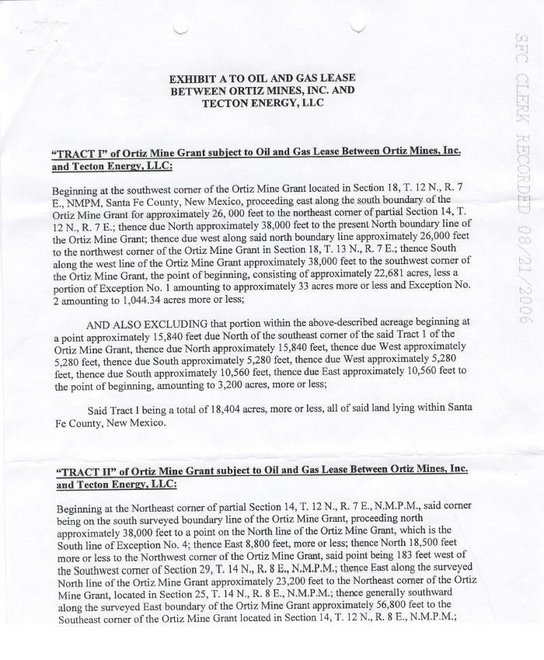
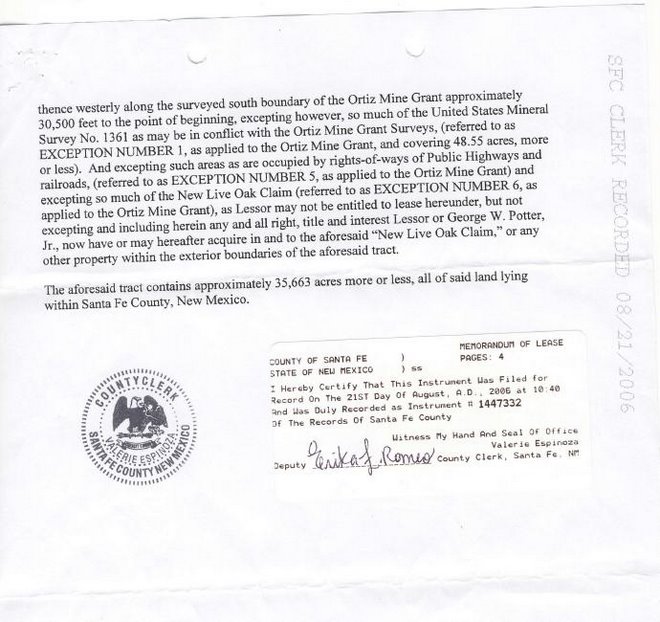
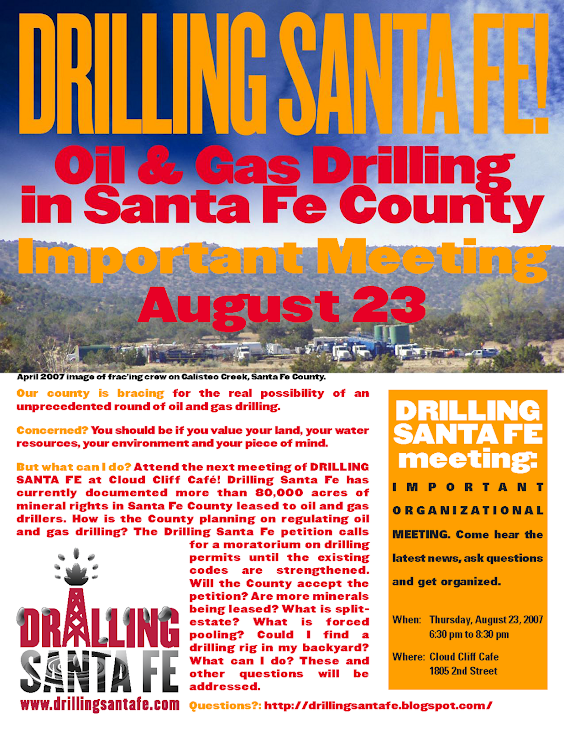

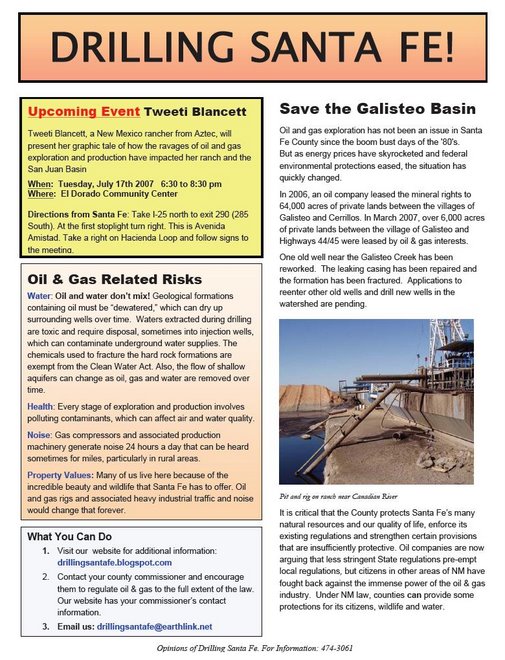
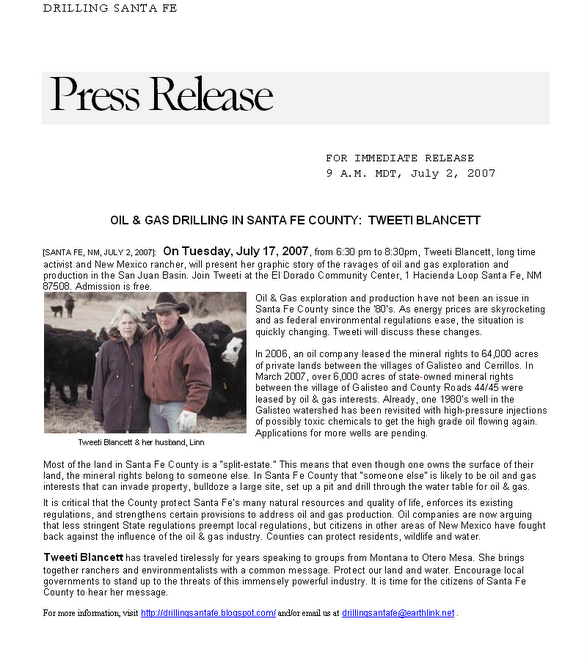
No comments:
Post a Comment